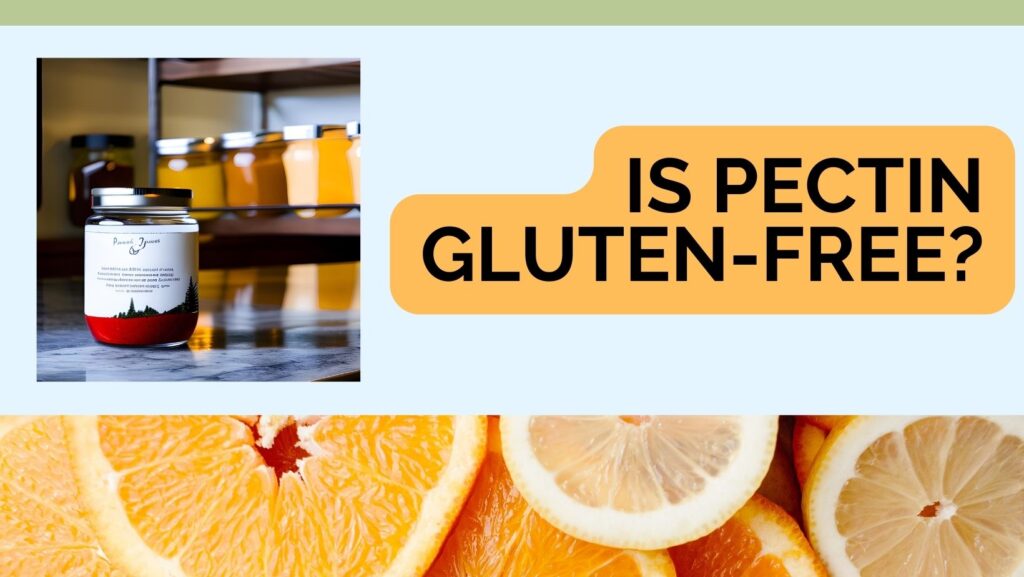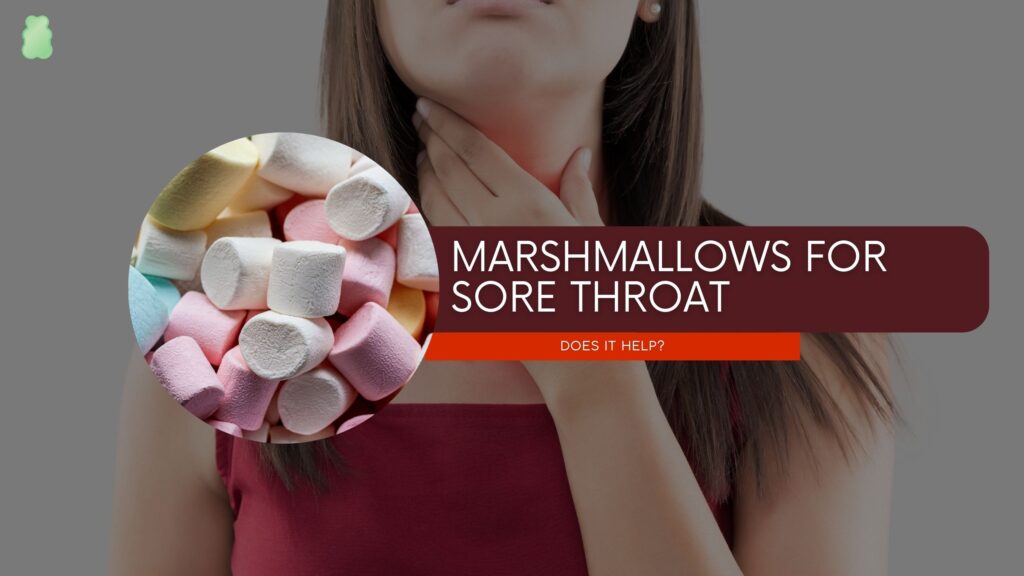Pectin is derived from various fruit sources, most commonly from citrus peels and apple pomace. The process of making pectin involves several steps, including extraction, purification, and drying.
First, the raw materials, such as the peels of citrus fruits or apple pomace, are collected and thoroughly washed to remove any impurities. These materials are then chopped into smaller pieces and soaked in water. The soaking process helps to soften the materials and release the pectin into the water.
Next, the mixture is heated to facilitate pectin extraction. The temperature and duration of heating depend on the specific fruit source and the desired pectin characteristics. Once the pectin has been extracted, the mixture is filtered to separate the liquid containing pectin from the solid residue. The liquid is then further processed to remove impurities, such as proteins and colored substances, by using methods like alcohol precipitation, filtration, or ultrafiltration.
After the purification step, the liquid pectin is concentrated by evaporating the water content, usually through vacuum evaporation. The resulting concentrated pectin is finally dried, either by using spray dryers, drum dryers, or freeze-drying methods. The dried pectin is then ground into a powder form, which can be packaged and sold for various applications, such as food production and pharmaceutical uses.
In summary, the process of making pectin involves extracting pectin from fruit sources, purifying it through filtration and precipitation, concentrating the liquid pectin, and finally drying and powdering the pectin for commercial use.










Pingback: Is Pectin Vegan? Let's Find Out Here | RealGoodGummies
Pingback: Pectin Vs. Gelatin: The Ultimate Guide To Choosing The Right Gummies In 2023
Pingback: What Is Agar Agar? Is It Good For You? | RealGoodGummies
Pingback: Pectin Substitute: Exploring The Best Alternatives For Pectin In Recipes | RealGoodGummies